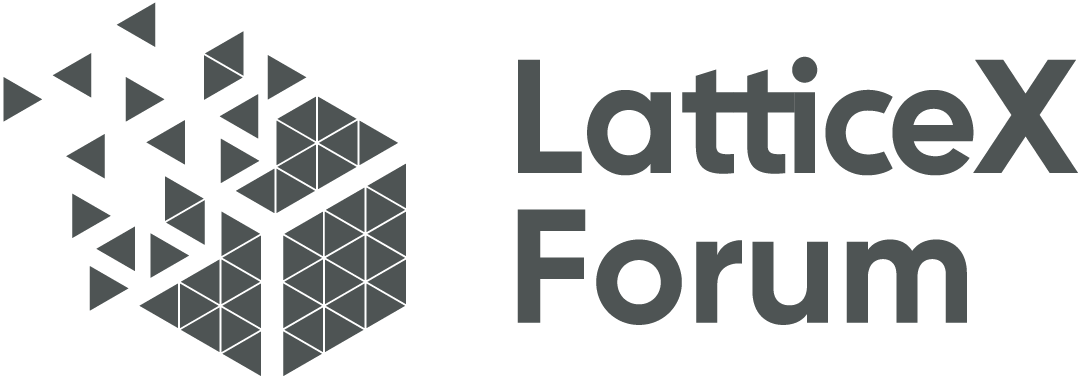Accounting standards and regulatory response strategies(PlatON)(TOPOS)
- The Update and Adjustment of International Accounting Standards on Digital Currency
With the rise and widespread application of digital currencies, relevant institutions such as the International Accounting Standards Board have begun to pay attention to the accounting treatment and disclosure requirements of digital currencies. The update and adjustment of accounting standards aim to adapt to the particularity and challenges of digital currencies, ensuring the accuracy and comparability of accounting information. The IASB has issued relevant guidance and revised guidelines on the recognition and measurement of the value of digital currencies. For example, the International Financial Reporting Standards provide guidance on fair value measurement of digital currencies, while the International Financial Reporting Standards provide clear accounting treatment for intangible assets and virtual currencies of digital currencies. - Accounting standards and regulatory response strategies
In order to address the accounting disclosure issues of digital currencies, accounting standard setting agencies and regulatory agencies can adopt a series of strategies to strengthen regulation and supervision. Firstly, accounting standard setting agencies can issue specialized standards and guidelines for digital currencies, clarifying the accounting treatment and disclosure requirements for digital currencies. Regulatory authorities can issue regulations and guidance documents to require companies to fully disclose information on digital currencies in accounting disclosures, and to regulate and audit digital currency exchanges and wallet providers. In addition, accounting standard setting agencies and regulatory agencies can strengthen cooperation to jointly develop standards and norms for digital currency accounting disclosure, ensuring consistency between accounting standards and regulatory requirements. - Cooperation and coordination mechanism between accounting standards and regulatory agencies
The accounting disclosure issues of digital currencies require close cooperation and communication between accounting standard setting agencies and regulatory agencies. Accounting standard setting agencies can draw on the policies and requirements of regulatory agencies to ensure that the accounting treatment and disclosure requirements for digital currencies in accounting standards are consistent with the policies of regulatory agencies. Regulatory authorities can refer to the provisions of accounting standards to regulate and review the accounting disclosures of digital currencies. In order to strengthen cooperation and coordination, accounting standard setting agencies and regulatory agencies can establish a regular communication mechanism to jointly study and solve problems in digital currency accounting disclosure, ensuring effective connection between accounting standards and regulatory requirements. - The role and role of risk management and control
Risk management and control play an important role in the digital currency environment. Accounting standards and regulatory agencies need to emphasize the importance of risk management and control to ensure the accuracy and reliability of digital currency accounting disclosures. Enterprises should establish sound internal control systems to ensure that the accounting treatment of digital currencies complies with standards and regulatory requirements, and to reduce potential risks. At the same time, the audit and verification mechanism should also strengthen the audit and verification of digital currency accounting disclosure, improving the reliability and credibility of information. In addition, enterprises should enhance their information security and data protection capabilities to prevent risks and security threats in digital currency transactions.
